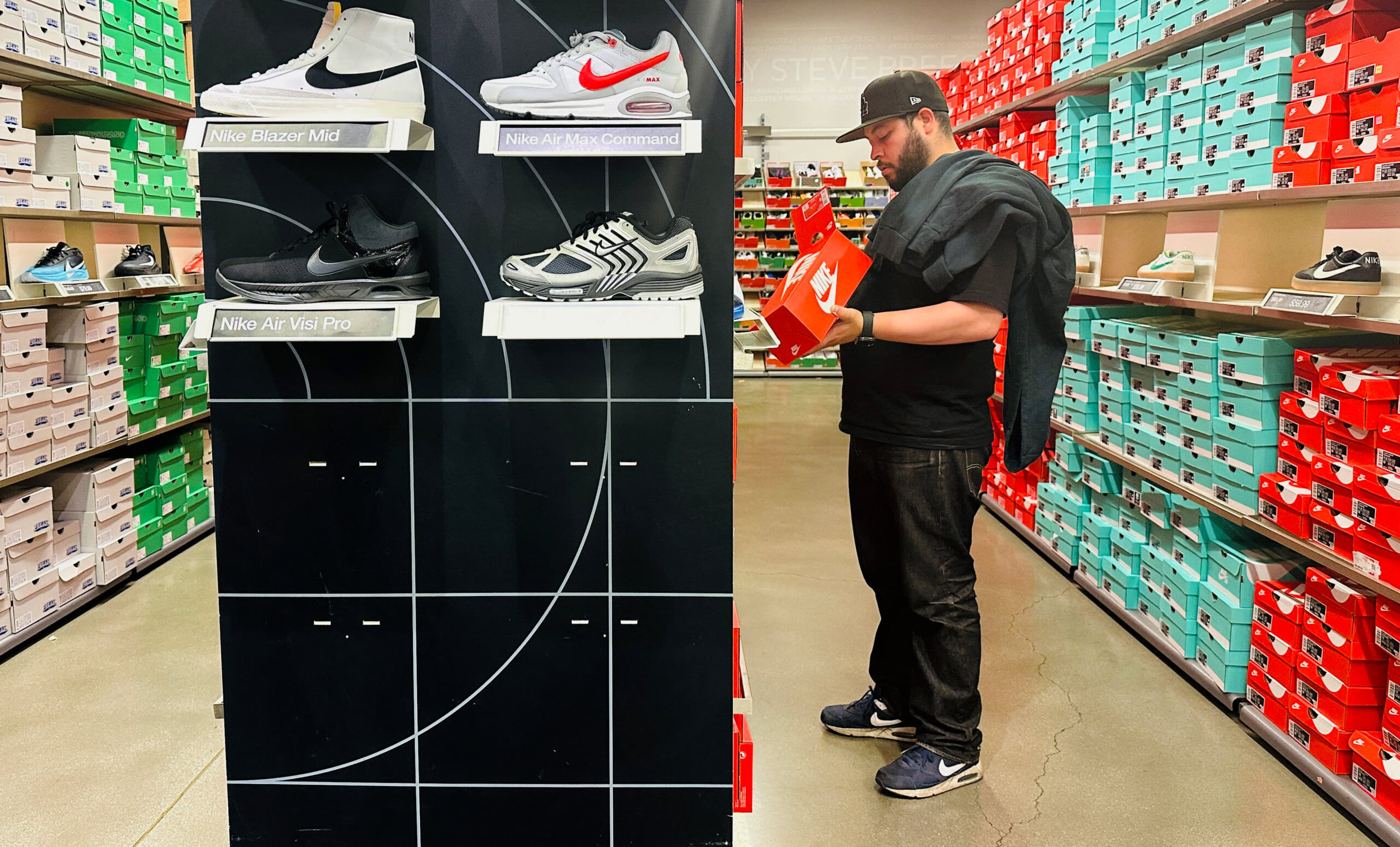HONG KONG: When Jacky Yu, 48, opened his Japanese gift shop in Hong Kong more than a decade ago, the tourist and shopping district of Mong Kok was a bustling hub packed with stalls, street food and tourists.
Fast-forward 12 years and parts of the area are struggling to stay afloat, a combination of customers emigrating, locals heading across the border to shop in China or travelling to Japan to benefit from a weak yen – and a dearth of tourists.
Yu says he’s had to make the “heartbreaking” decision to close his store and move it online.
“I almost want to cry when I talk about it,” said Yu, packing his unsold stationery and toys into storage boxes.
“There are very few tourists on the streets, even the mainland Chinese are very few.”
Hong Kong is struggling to recover since the COVID pandemic, which saw many expatiates leave after a three year shutdown, and tourist numbers dwindle to a fraction of pre-pandemic levels. High rents and a labour shortage are now adding to the pain.
Businesses describe shopping malls as “dead”, with low foot traffic and shops covered with “for lease” or “coming up soon” signs.
Edmund Wong, an accountancy sector lawmaker, told the city’s legislature last Friday that more than 20,000 companies had deregistered in the first quarter of 2024, up more than 70% from the same period last year.
Simon Wong, president of the Hong Kong Federation of Restaurants and Related Trades, told public broadcaster RTHK that he estimated around 200-300 restaurants had closed over the past month, a trend he expects to continue.
On Tuesday, Hong Kong leader John Lee played down concerns about businesses closing.
“The world is always changing, and different industries will need to adapt, so there will be operators who are not so successful but new-comers are getting into the market.”
Even with the Golden Week holiday starting on Wednesday, a traditionally busy time for shopping and entertainment, many businesses are not optimistic.
“I don’t think the Golden Week will help much,” said Wendy, 54, who works at a noodle shop in Mong Kok’s Ladies Market.
“There were many tourists on this street… but they’re gone now.”
Hong Kong residents are also deserting local shops and increasingly travelling across the border to the southern Chinese city of Shenzhen for food and entertainment, where they say prices and service are better.
“Hong Kong people are heading north to consume, which has become a clear trend. On weekends, many Hong Kong people go to Shenzhen for consumption,” said Ting Lu, chief China economist at Nomura based in Hong Kong.
“The reason is that in the past five years, prices in Shenzhen, Guangzhou, and even Changsha have hardly changed much. But in Hong Kong… We have found that the price difference has widened, which has encouraged Hong Kong people to go north for consumption.”
After Hong Kong reopened its border post-pandemic with China last year, the Tourism Board recorded a 38.9% drop in mainland visitors in 2023, compared with 2019 before the pandemic.
Spending by same-day mainland tourists plunged 36.4% in 2023, dropping from an average of HK$2,200 per person in 2019 to HK$1,400 after the border reopened last year.
In the Hong Kong border town of Sheung Shui, where residents once used to complain about mainland Chinese overcrowding the town and pushing up rents as they flocked to buy everything from cosmetics and medicine to daily necessities, business is quiet.
Li, 30, a cosmetic shop keeper from Sheung Shui, said local consumers now tended to shop across the border in Shenzhen and the “the off-season” had now come earlier.
Lee, 35, a hamburger shopkeeper in Mong Kok district, said business had worsened since the border reopened.
“There is no one after eight o’clock, and it’s even scarier during the holidays. There are no tourists. Just like the past Easter holidays, we could sit and sleep here for three hours.” – Reuters

